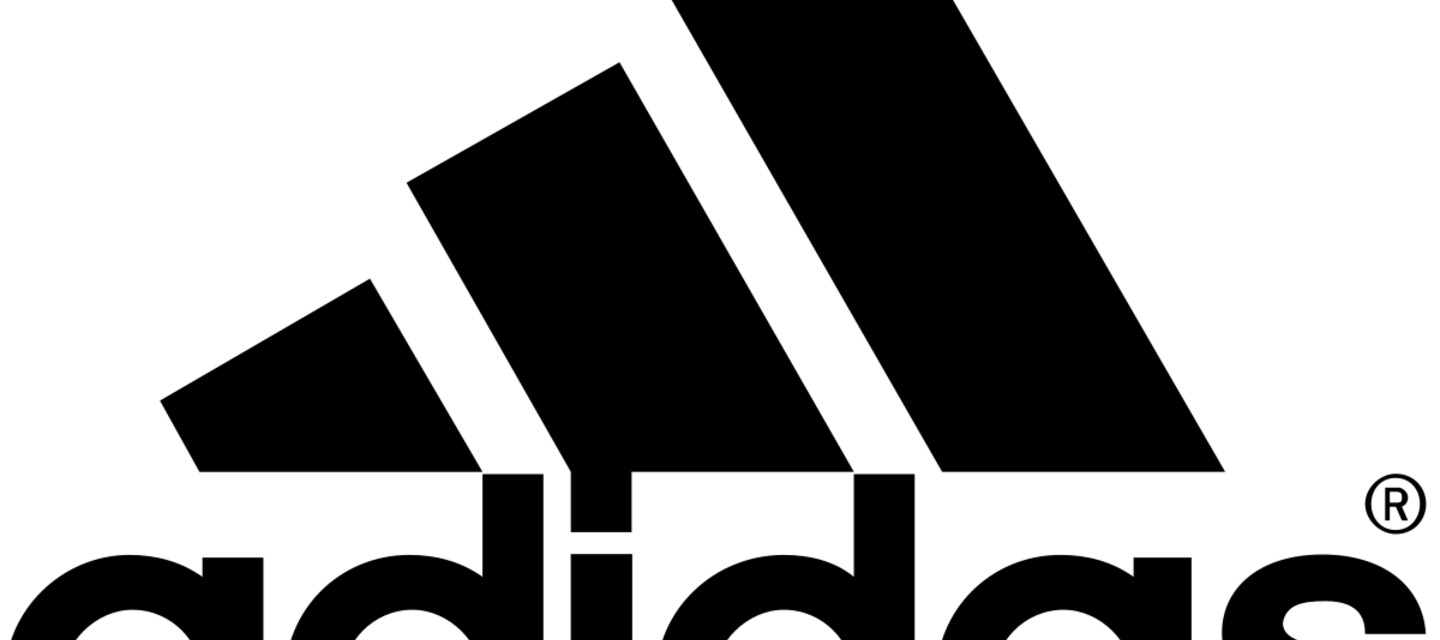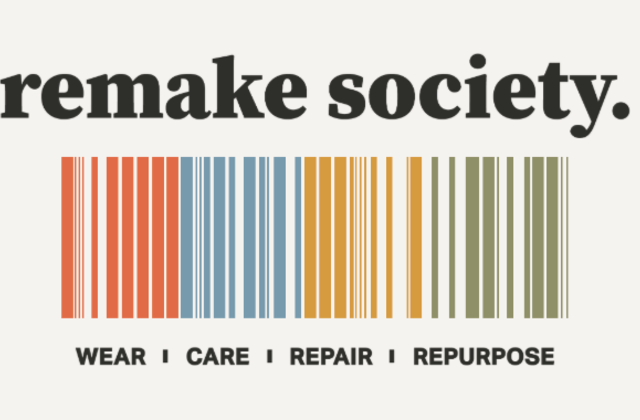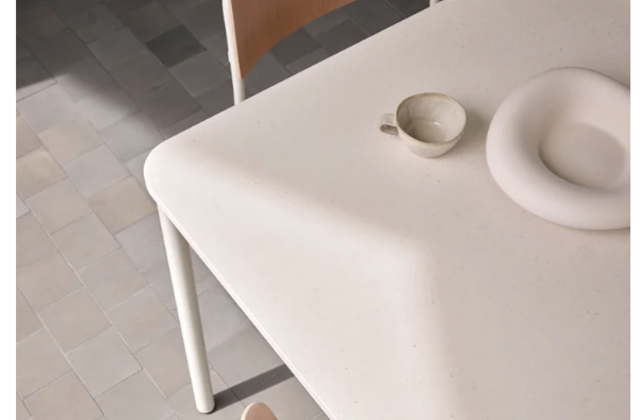Fashion, clothing and textiles
What is it? Sports and outdoor wear company Adidas launched a rental platform for clothing in May 2021. Adidas Rental is currently (as of May 2021) available in France and enables customers to rent clothing items, including shoes and bags, for a specified period of time, maximizing clothing usage and promoting access-based consumption (adidas, 2021a).
Why is this important? Clothing is heavily underutilized in the mainstream fast fashion system and the average number of wears of a garment has decreased by 36% in 15 years (Ellen MacArthur, 2017). Especially functional outdoor wear might be bought by the consumer but only worn for a handful of adventures and stay in the closet the rest of the time. Estimates by the Ellen Marc Arthur Foundation point to USD 500 billion in value lost annually because clothing is not worn or recycled (Ellen MacArthur, 2017). This is also a large environmental issue as the new production of clothing accounts for 10% of global carbon emissions (McFall-Johnsen, 2021), creates pollution and requires massive quantities of resources, particularly water.
Main resource strategy: Slowing the loop through extending the product use-time, repairing and cleaning items in between rental periods.
Business model aspects:
- Value Proposition: Adidas Rental allows customers in France to rent outdoor clothing, shoes and bags for a specified period of time to use for planned trips and adventures and return when no longer needed, thereby encouraging higher product usage (adidas, 2021b). Alternatively, the rental period can be used as a trial period for the item and customers can either purchase new or buy the rental item after the rental period, with the amount already paid in renting subtracted from the cost of the item (adidas, 2021b).
- Value Creation & Delivery: The items are delivered to the customers four days prior to the date of the intended adventure so that customers can try on products for the right fit. The customer can use the product for the chosen amount of time and then return it within two days of the planned return date via mail with a return label that was included in the initial delivery (adidas, 2021b). The items are inspected, repaired and cleaned by Adidas, with damage insurance included in the original rental price, so that the customer is not charged extra for small repairs (adidas, 2021b). To ensure high hygiene standards are met, the items are cleaned and sanitised in an ozone process (adidas, 2021b).
- Value Capture: The rental service is paid by price per day, with prices starting at €2.50/day for a t-shirt and going up to €22/day for the Terrex Techrock GORE-TEX PRO rain jacket (adidas, 2021c). Prices for shoes and backpacks lie around €7/day (adidas, 2021c). The website also offers bundles for men and women, based on the conditions of the adventure planned (e.g., mountaineering, all/cold/windy conditions, urban outdoor, summit, rain) (adidas, 2021d). Bundles include several items, such as a full outfit of t-shirt, pants, shoes, and jacket and start at €23.50/day (Agravic Wind pack, with t-shirt, bag, shoes and jacket), going up to €59/day (Pinnacle Mountain Women pack, with t-shirt, pants, shoes and three jackets) (adidas, 2021d). Customers can also buy the items after rental, with the money spent on rent deducted from the product price (2021b). Products that are not returned following a reminder email are charged at full price (adidas, 2021b).
Business model experimentation practices: While Adidas has been working towards minimizing waste and enabling recycling of their products, the Adidas Rental offering is a business model pilot trialed in the French market (adidas, 2021e). According to Adidas, the rental program is part of the larger Infinite Play program that aims to keep products in use for longer and will include “product takeback, resale, rental and subscription services”, including a takeback program to be launched in the US (adidas, 2021e).
Sustainability outcomes: As the initiative was only launched in 2021, no sustainability outcomes have been reported yet.
Sources:
adidas (2021a). Adidas Rental. Accessed 17 May 2021 at https://location.adidas.fr/en.
adidas (2021b). Adidas Rental FAQ. Accessed 17 May 2021 at https://location.adidas.fr/en/faq.
adidas (2021c). Adidas Rental Product Range. Accessed 17 May 2021 at https://location.adidas.fr/en/shop.
adidas (2021d). Adidas Rental Product Bundles. Accessed 17 May 2021 at https://location.adidas.fr/en/packs.
adidas (15.04.2021e). Three Paths Shaping adidas’ Future to Help End Plastic Waste [Press release]. Accessed 17 May 2021 at https://news.adidas.com/outdoor/three-paths-shaping-adidas--future-to-help-end-plastic-waste/s/25dcbbc9-eaba-4384-a717-39771bfe4521.
Ellen MacArthur Foundation (2017). A new textiles economy: Redesigning fashion’s future. Accessed 25 November 2020 at https://www.ellenmacarthurfoundation.org/publications/a-new-textiles-economy-redesigning-fashions-future.
McFall-Johnsen, M. (2021). These facts show how unsustainable the fashion industry is. World Economic Forum. Accessed 10 May 2021 at: https://www.weforum.org/agenda/2020/01/fashion-industry-carbon-unsustainable-environment-pollution/
***
About project Circular X
Project Circular X is about ‘Experimentation with Circular Service Business Models’. It is an ambitious research project funded by the European Research Council (ERC) which supports top researchers from anywhere in the world. Project CIRCULAR X runs from 2020-2025. The project is led by Principal Investigator (PI) Prof Dr Nancy Bocken, who is joined by a multidisciplinary team of researchers at Maastricht Sustainability Institute (MSI), Maastricht School of Business and Economics, Maastricht University. The project cooperates with businesses who want to innovate towards the circular economy.
Project Circular X addresses a new and urgent issue: experimentation with circular service business models (CSBMs). Examples of such new business models include companies shifting from selling products to selling services and introducing lifelong warrantees to extend product lifetimes. However, CSBMs are far from mainstream and research focused on experimentation is little understood. The research aims to conduct interdisciplinary research with 4 objectives:
- Advancing understanding of CSBMs; their emergence and impacts
- Advancing knowledge on CSBM experimentation
- Developing CSBM experimentation tools
- Designing and deploying CSBM experimentation labs
Funding source
This project has received funding from the European Research Council (ERC) under the European Union’s Horizon 2020 research and innovation programme, grant agreement No. 850159.
Using of this information
When you refer to this case, please use the following source:
Circular X. (2021) Case study: Adidas Rental. Accessed from www.circularx.eu



